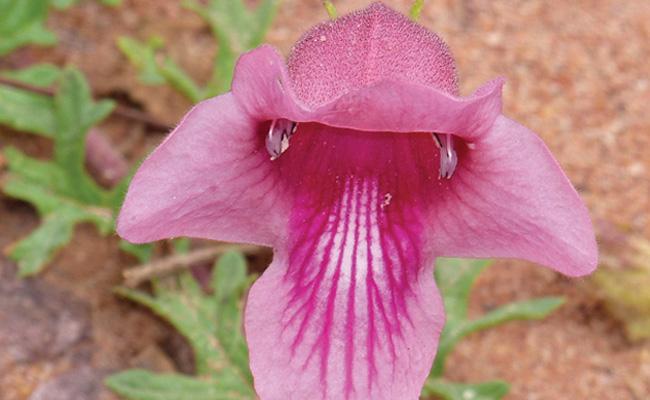Plants can have a holistic effect by acting on different levels and regulating various bodily functions. The multitude and complementarity of their constituents mean they can regulate and support the body rather than just remedy a single problem in one particular organ.
The past twenty years have seen a rise in individualised clinical phytotherapy, combining scientific knowledge about plants and their compounds and knowledge about their therapeutic benefits on the pathophysiology of illnesses.

Individualised clinical phytotherapy is a medical treatment approach which uses plants containing known and synergistic ingredients in order to preserve, sustain or restore an individual’s health.
When practiced by experienced healthcare professionals, phytotherapy draws from a scientific, evidence-based approach to medicine to deliver individualised therapy.
It considers the patient as a whole, not just their symptoms, and applies our current scientific knowledge about medicinal plants; i.e., focusing on plant extracts which contain the most active ingredients and have the highest bioavailability to ensure optimal efficacy.

In practice, healthcare professionals need to be able to prescribe or recommend one or several plants to achieve a synergistic effect. And this needs to be tailored to the individual at doses appropriate to the patient depending on their complaint, pathology and/or their underlying health status.
Sources :
- Eric Lorrain (2019) Grand Manuel de phytothérapie. Editions Dunod.
- Alain Carillon. Place de la phytothérapie dans les systèmes de santé au XXIème siècle, 2009.

